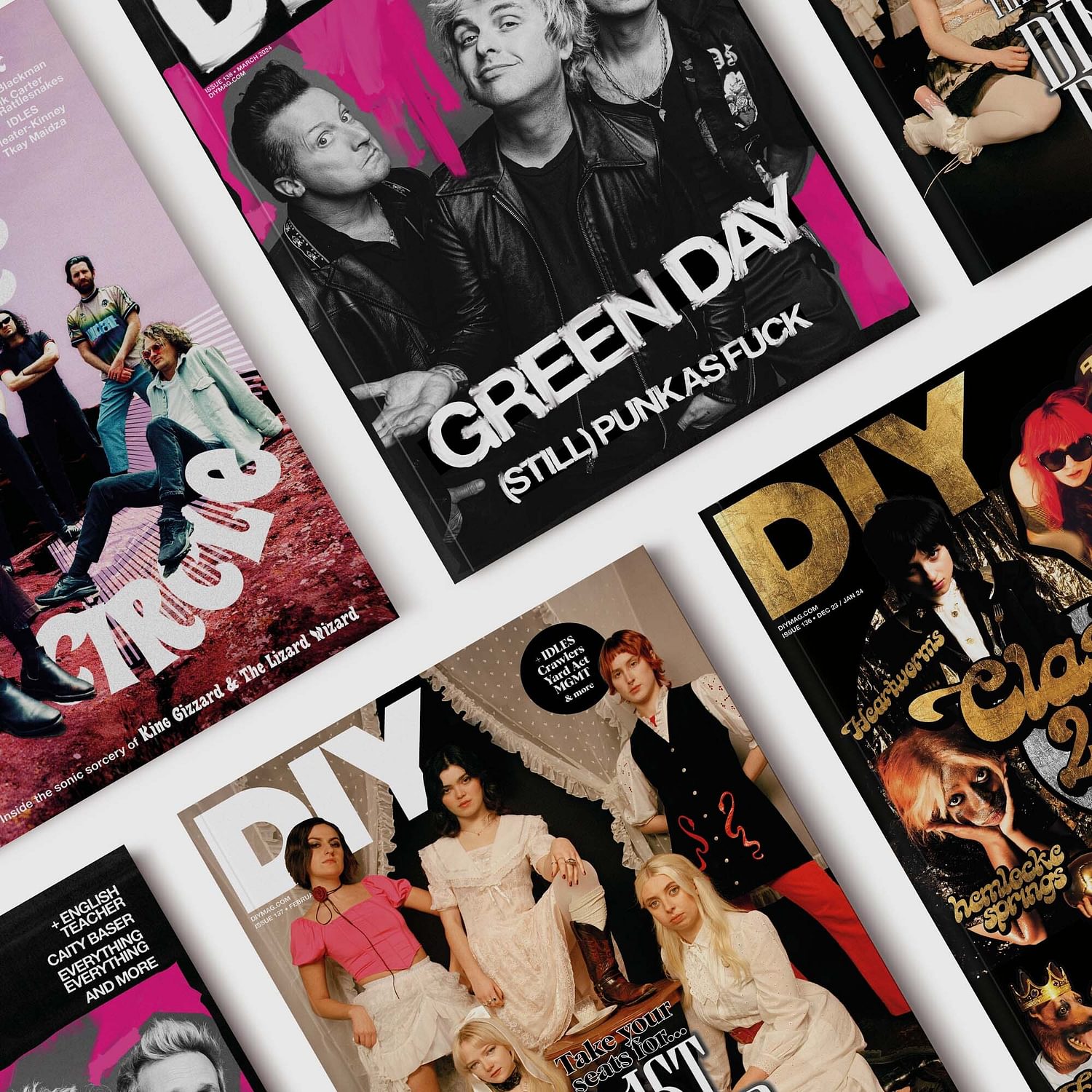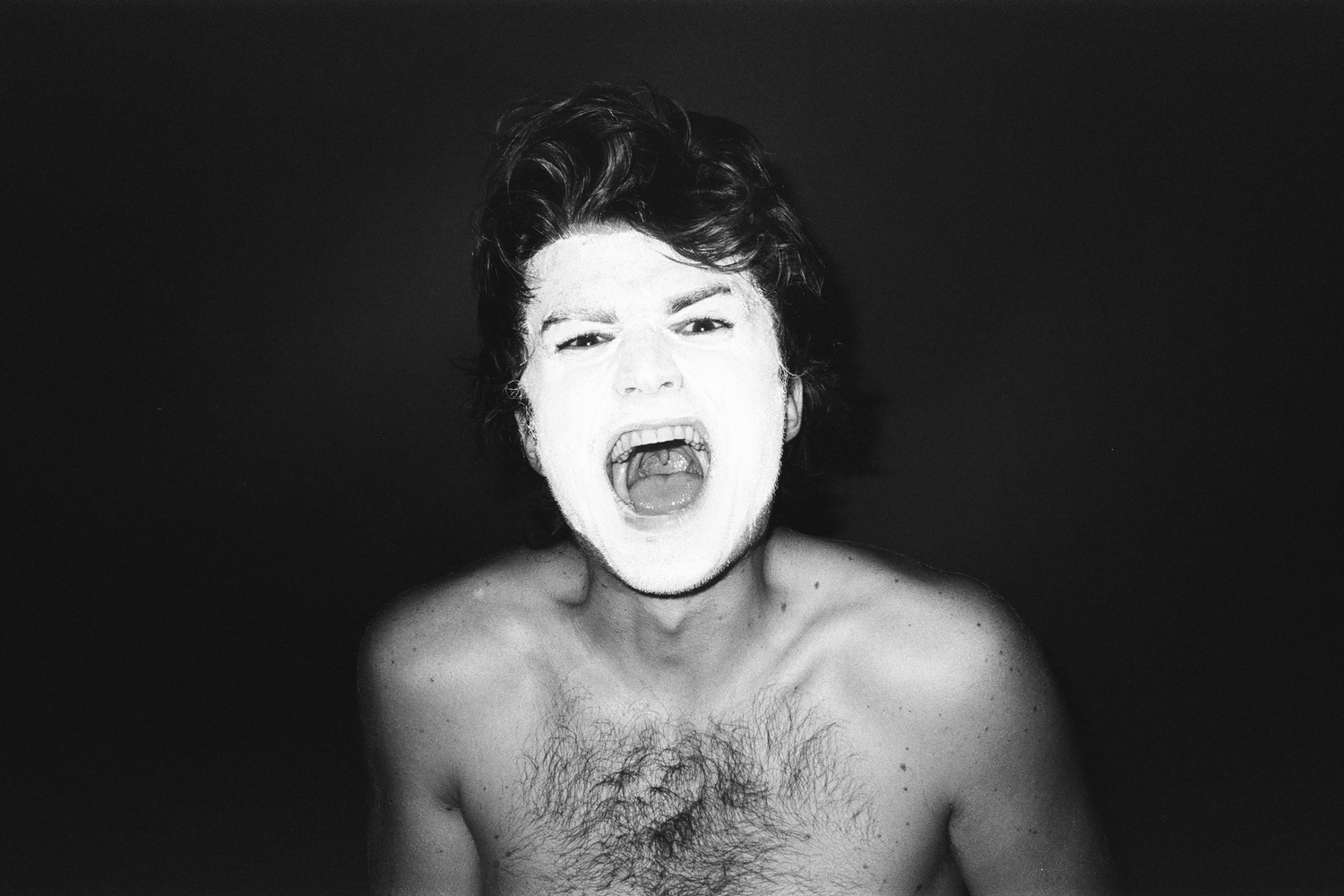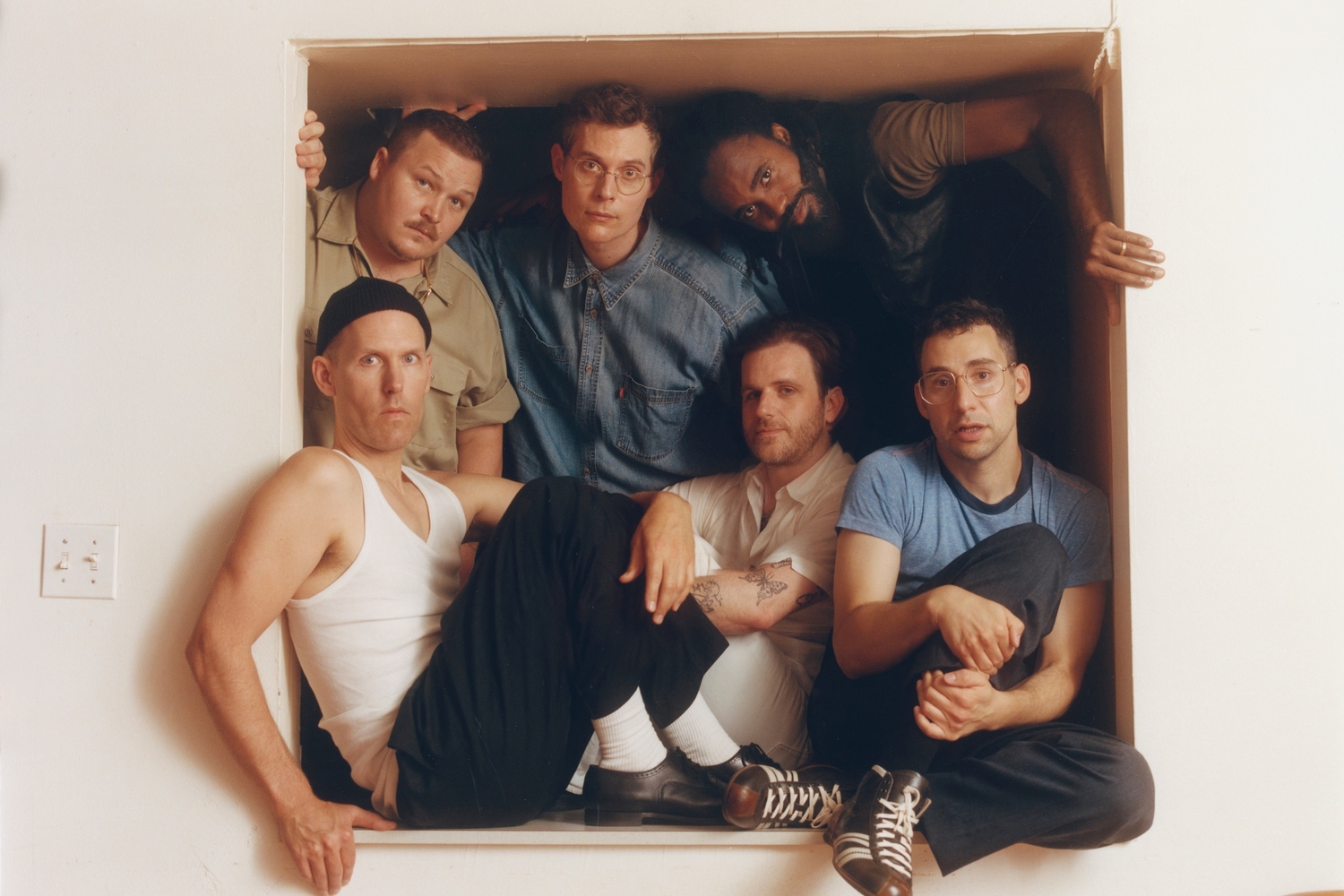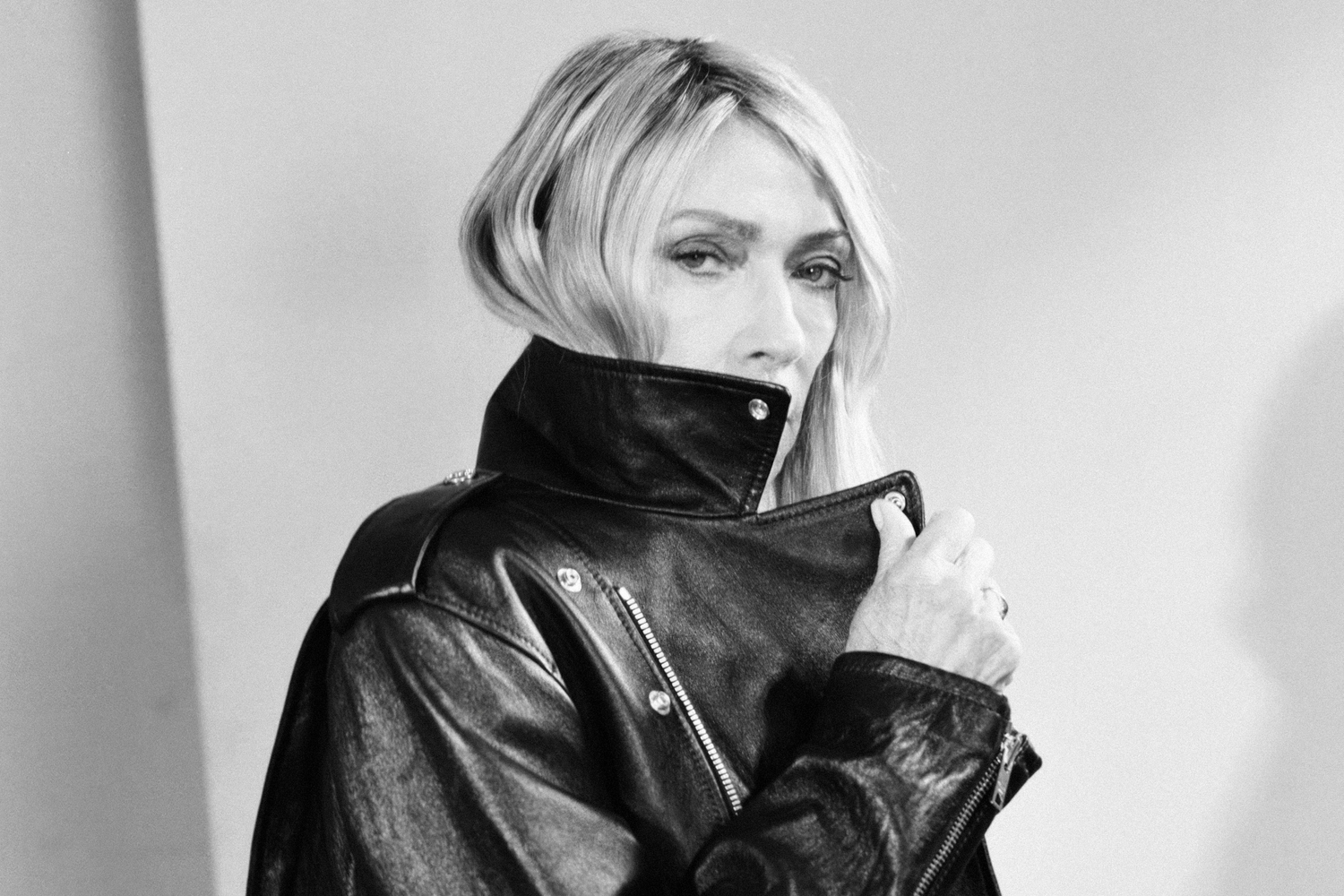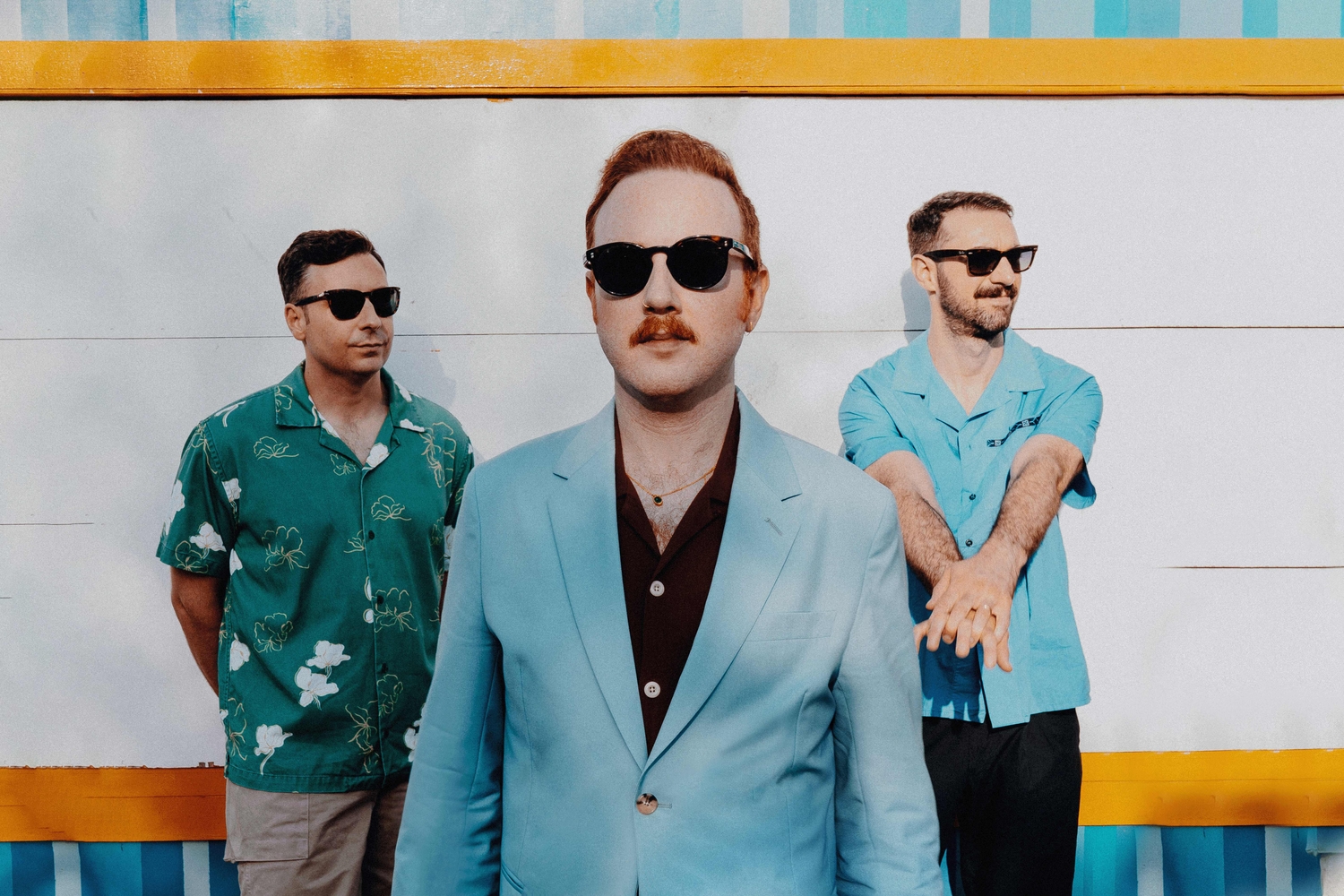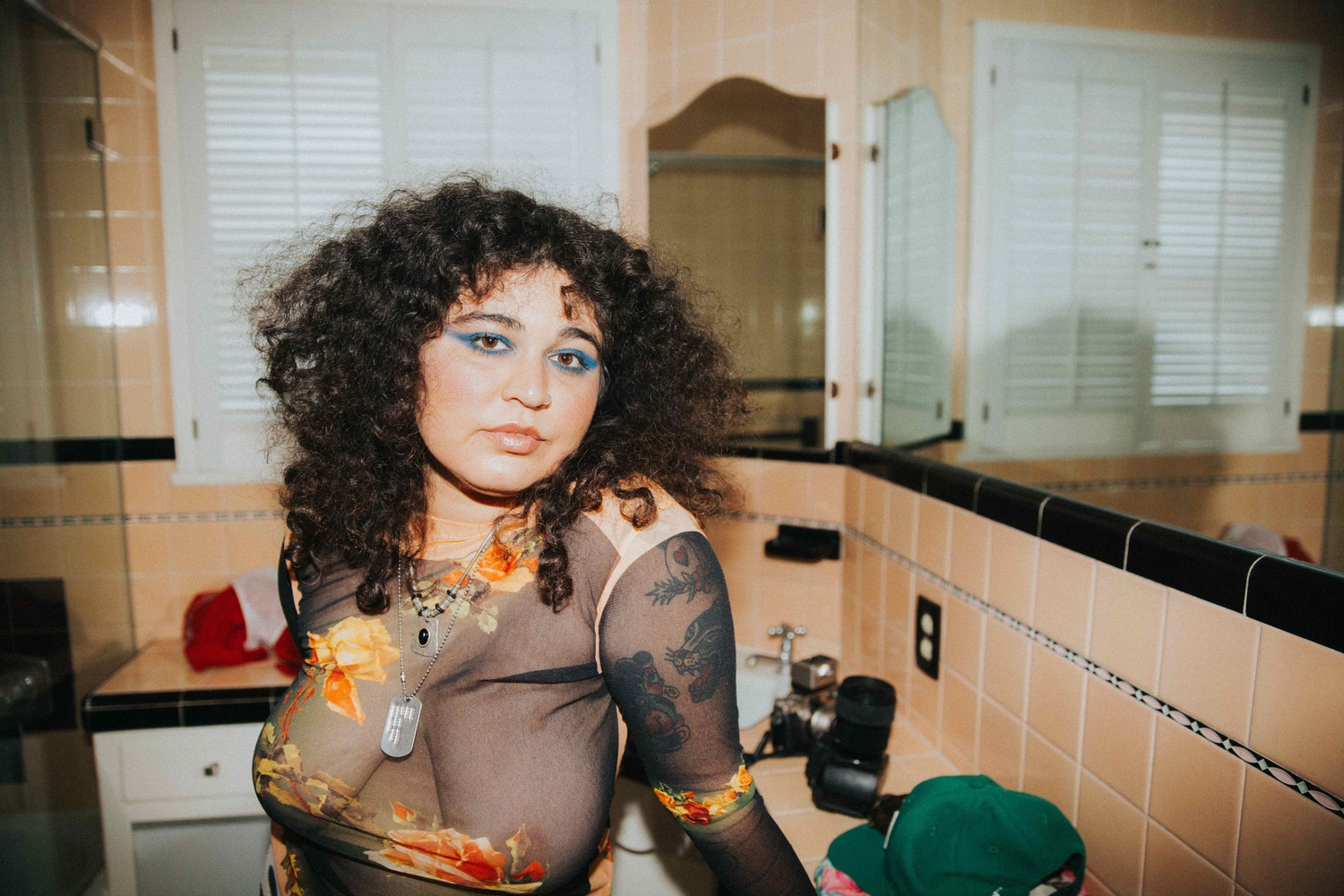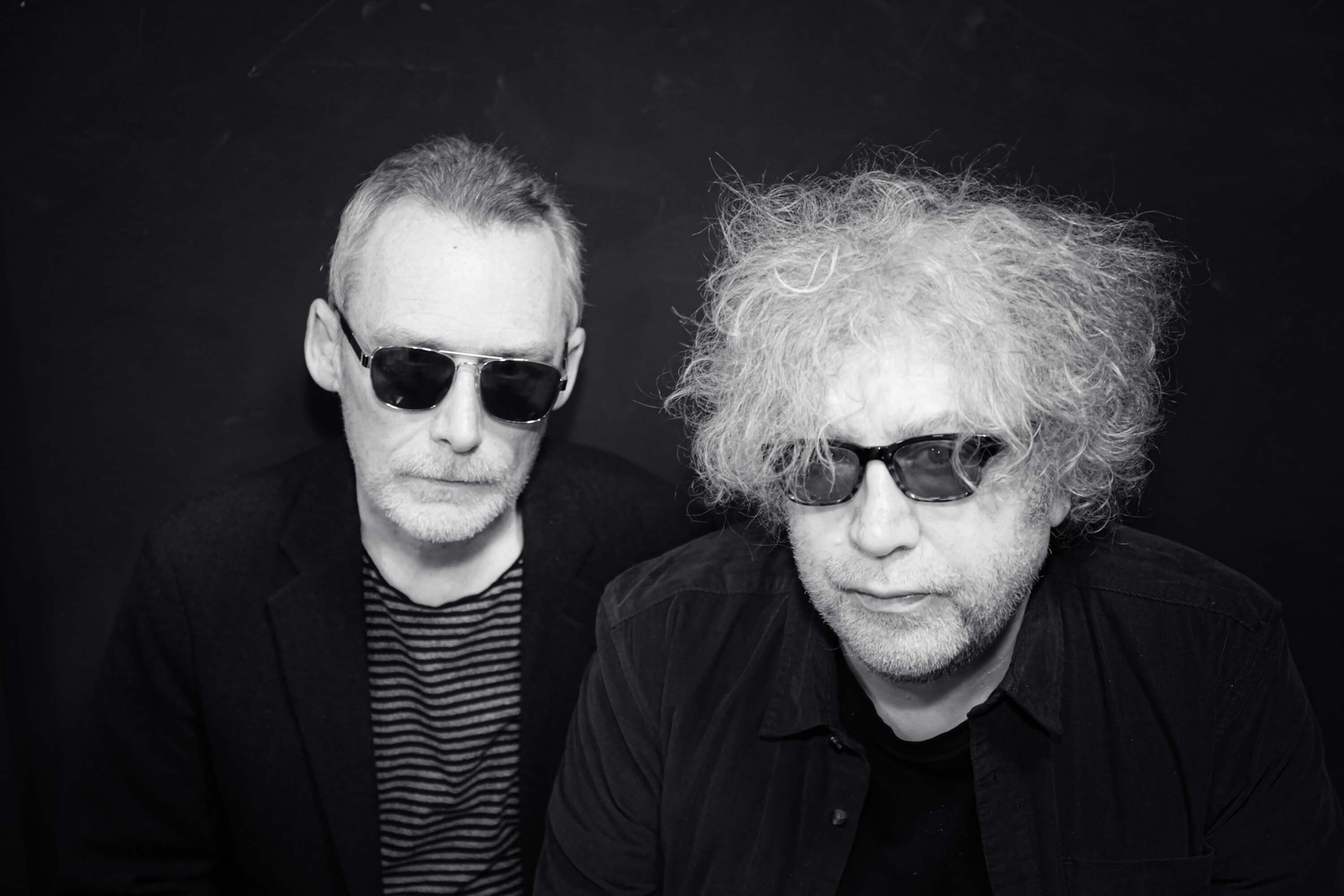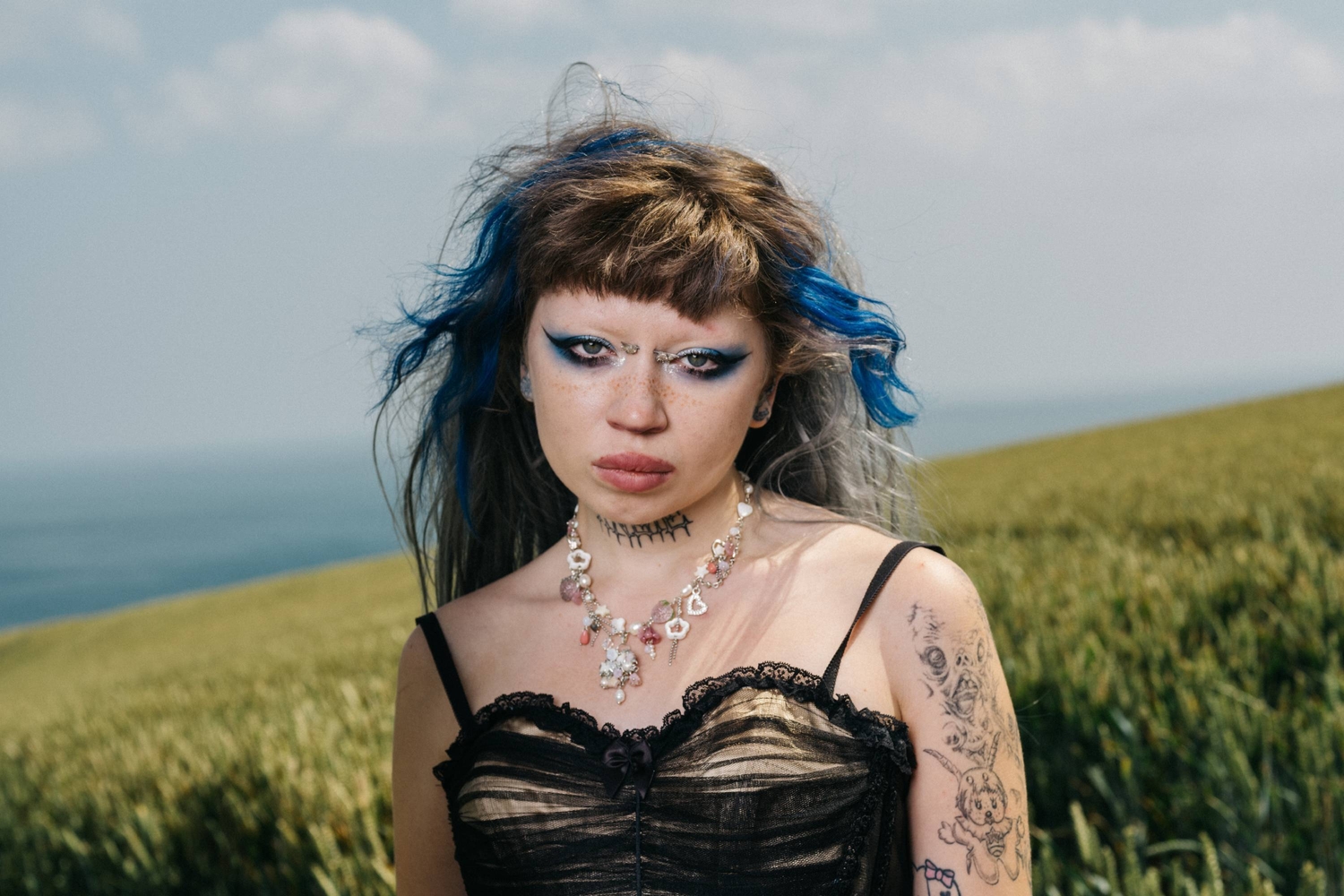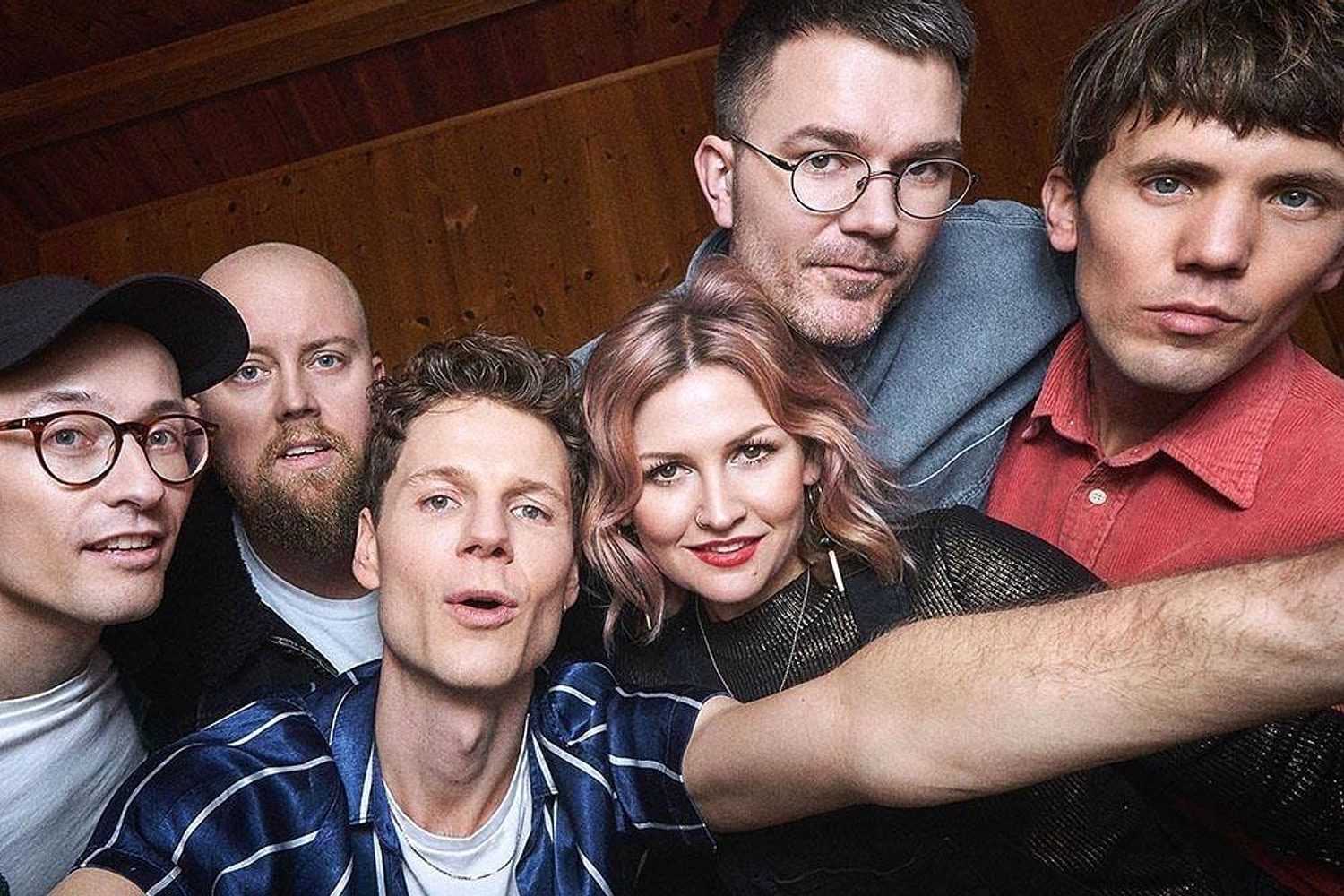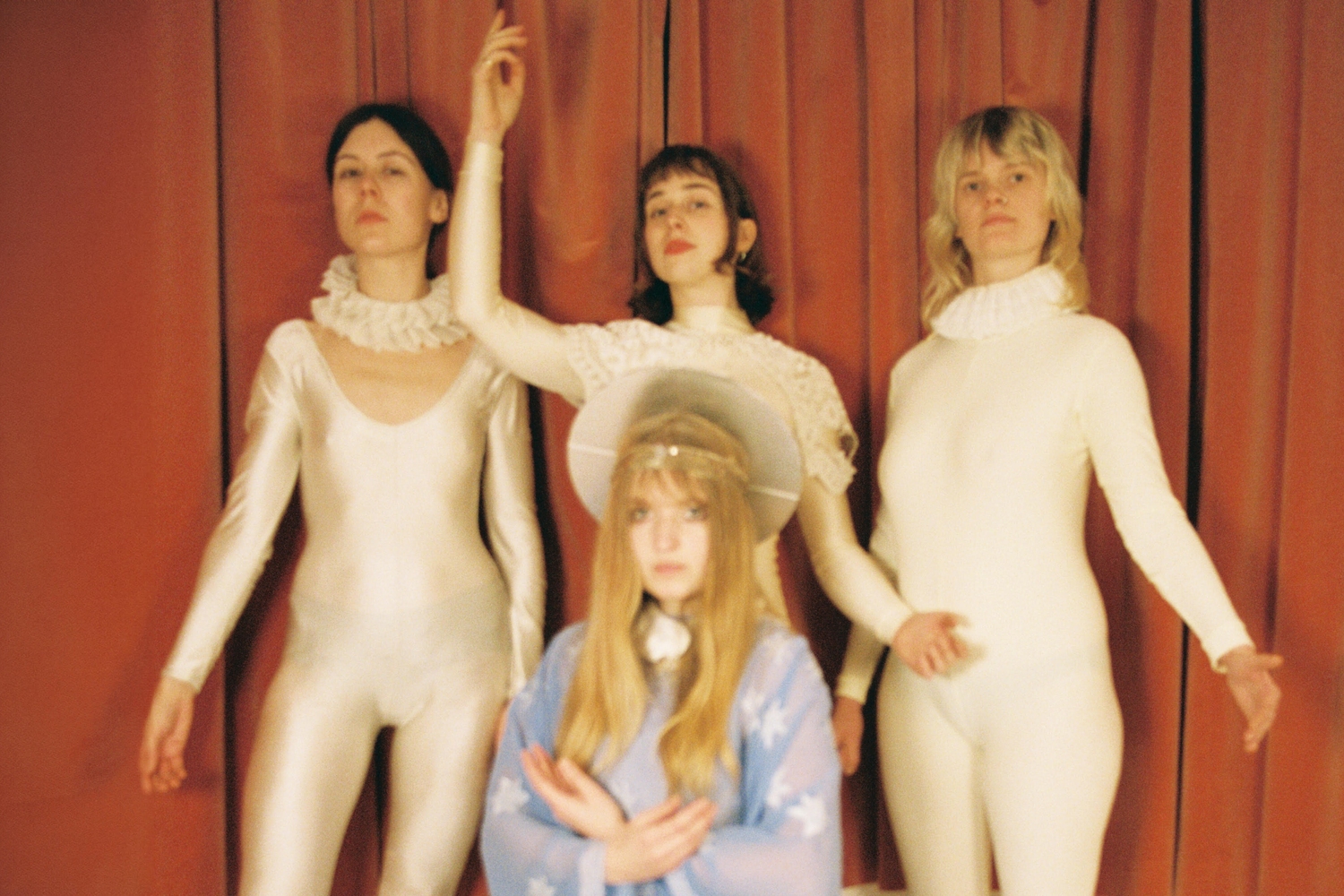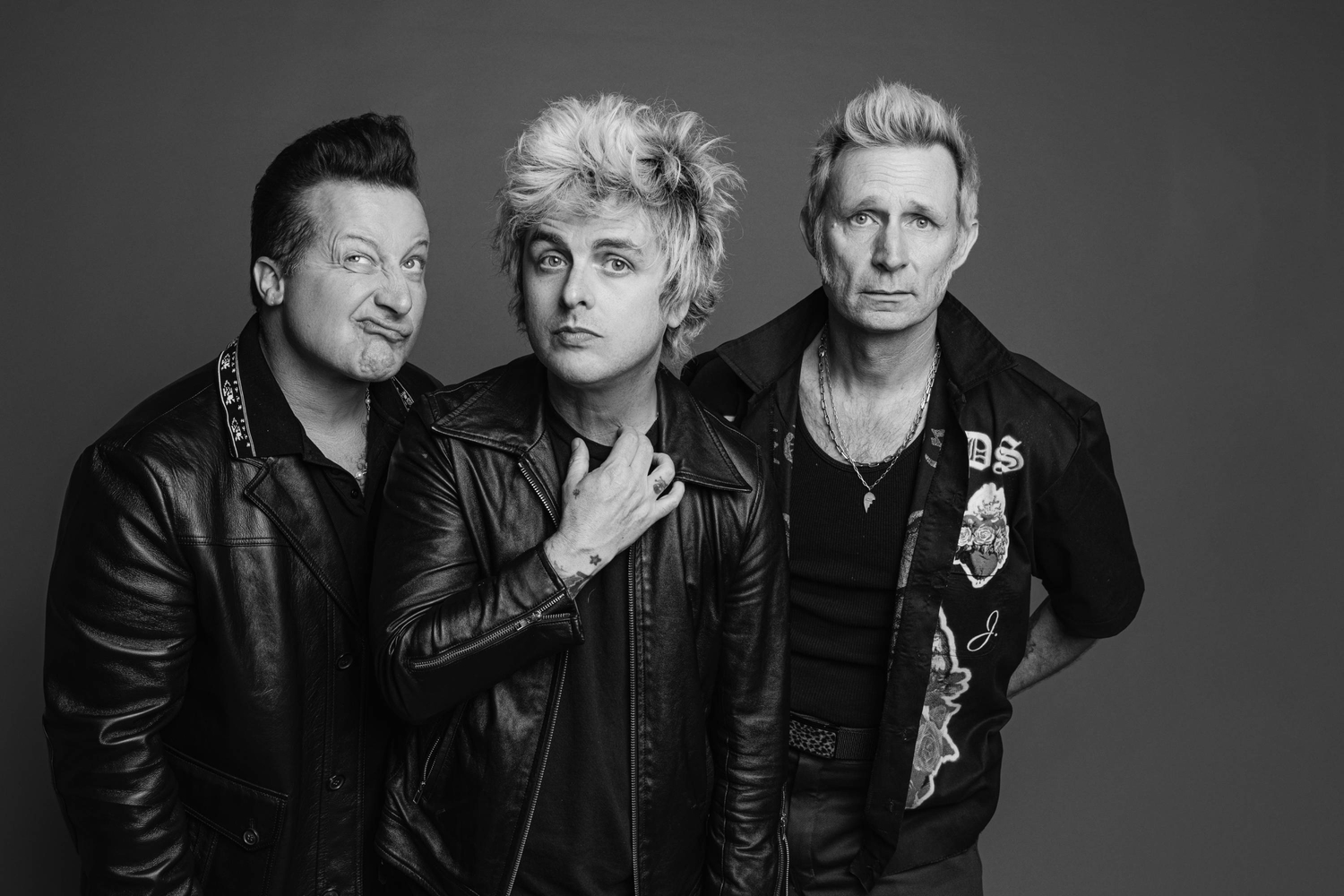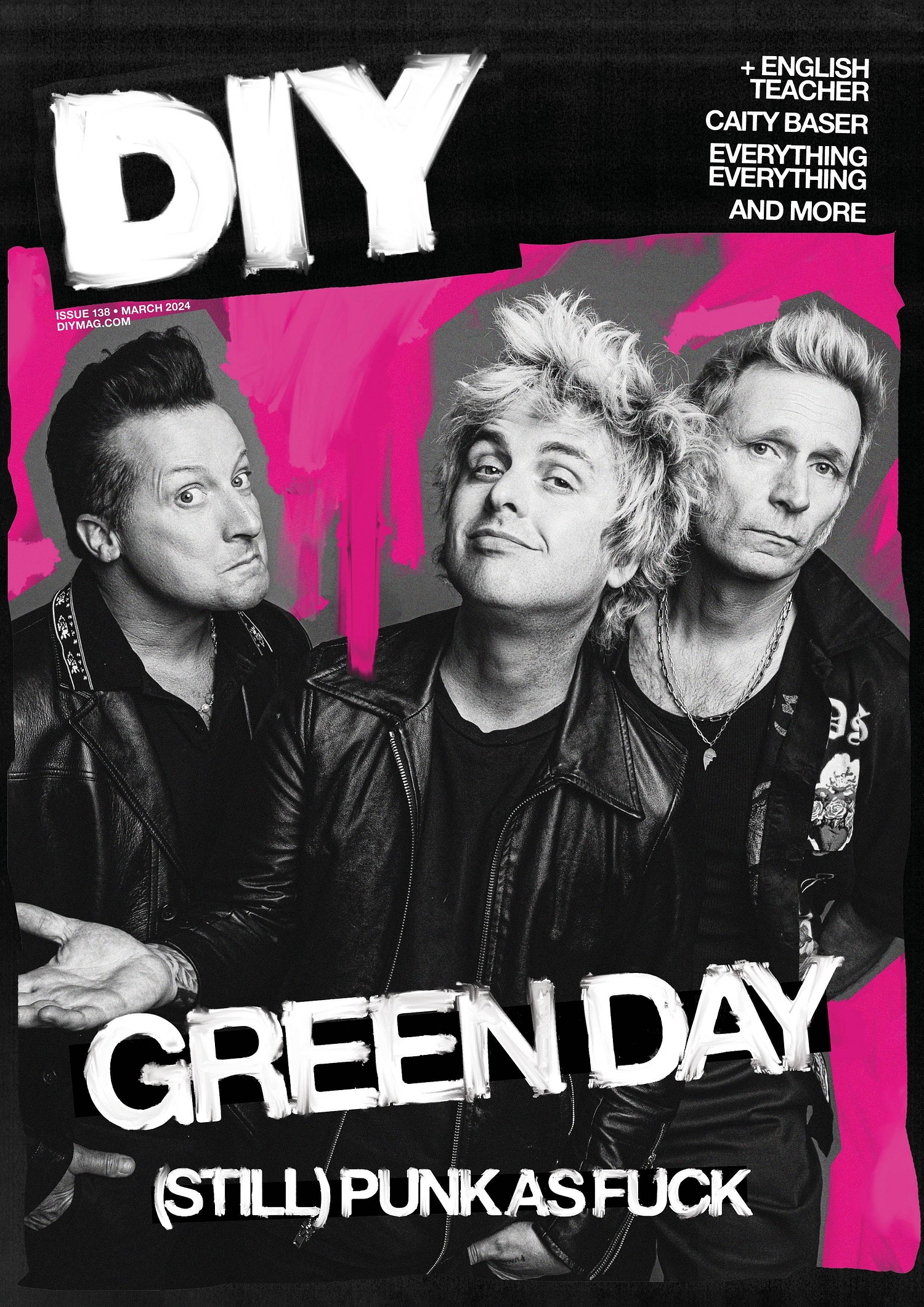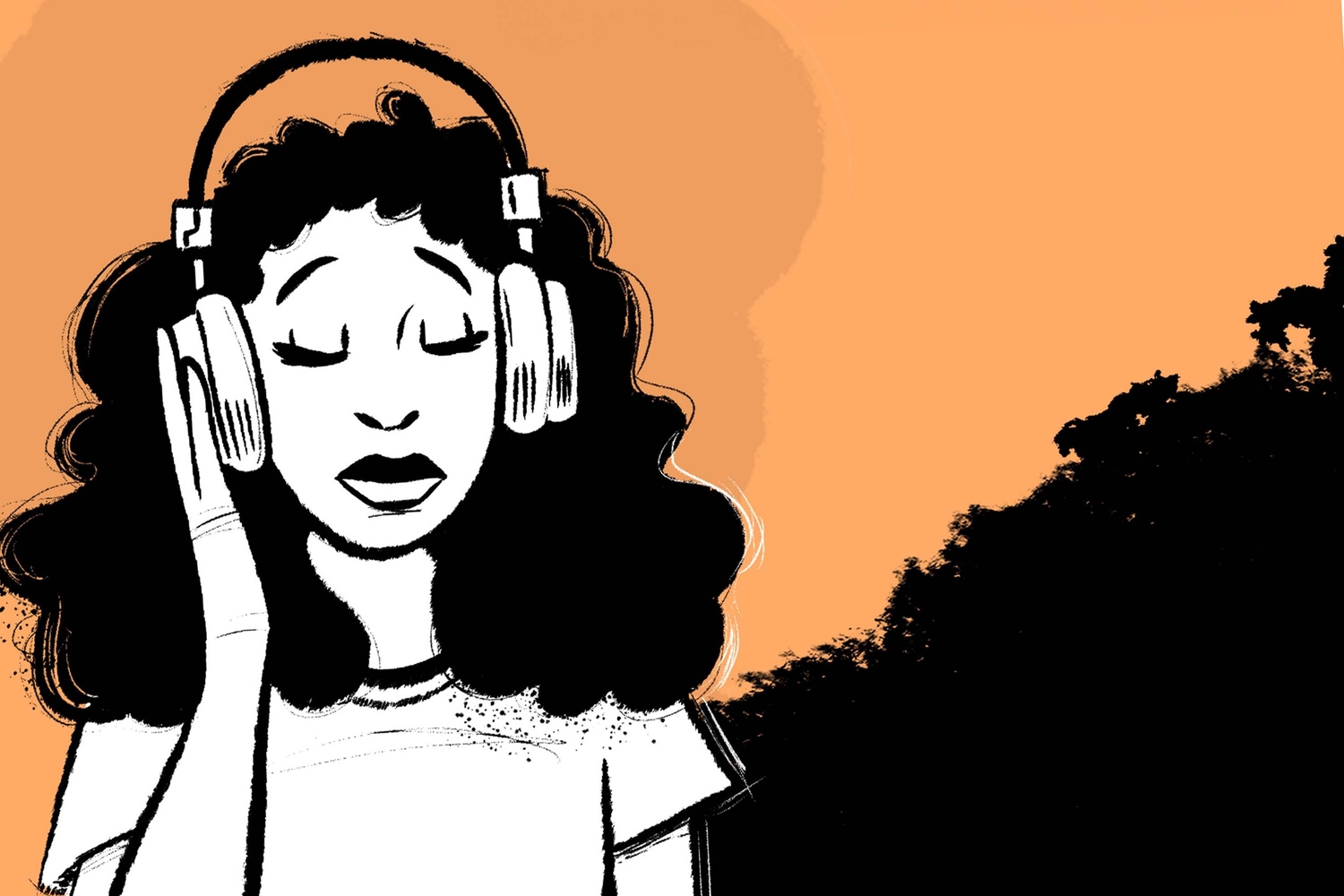
Interview Women and Equalities Committee Misogyny in Music Report: What Comes Next?
We gathered a group of artists and industry professionals for a conversation about what they hope could be the next steps in addressing misogyny in music.
Last month, the UK government’s Women and Equalities Committee published a lengthy report investigating the problems of misogyny that have run rife within the music industry for decades, including discrimination, sexual harassment, and systemic issues that have long inhibited the careers of women and people with gender marginalised identities.
Following on from the publishing of the report, we gathered a group of artists and industry professionals for a conversation about what they hope the next steps could be.
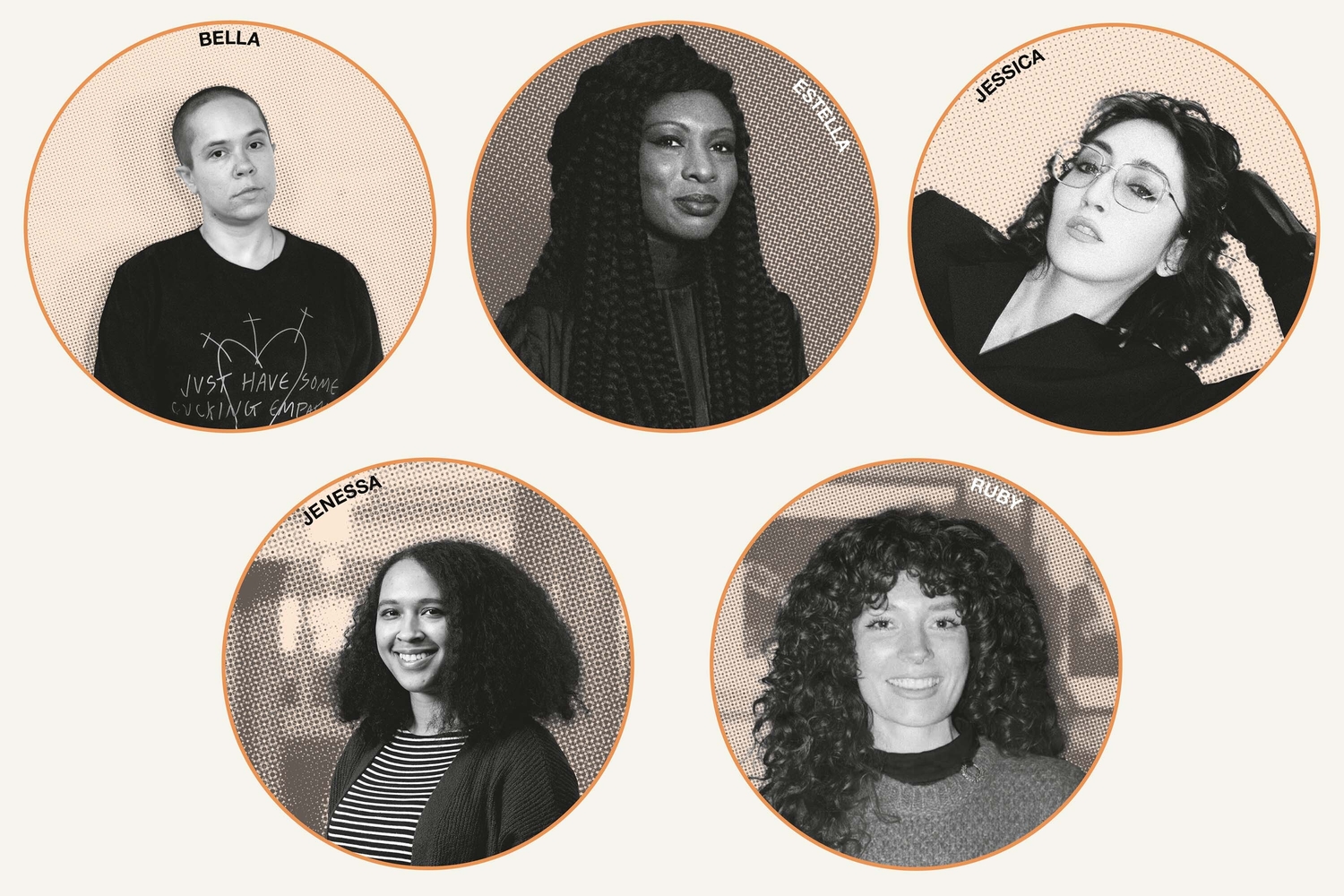
The Participants
Bella Podpadec - Dream Wife, bassist
Estella Adeyeri - Big Joanie, bassist
Jenessa Williams - Journalist and academic
Jessica Winter - Musician and producer
Ruby Horton - 100 Club, venue manager
What were your first impressions of the report?
Jenessa Williams: I got asked to contribute to it and they asked us to talk mostly about lyrics. They were really set on talking about how misogyny was filtering through via lyrics and we were a little wary of feeding into that. It was encouraging that [the end product] was much more about people’s actual actions on the ground. This is an industry that has no rules and regulations and no bodies to report things to. If you’re put on a job, there’s no obvious answer to who you’d speak to if something terrible happened.
Ruby Horton: The funding aspect they brought up is really important, but the thing I’ve always had a bit of a struggle with is Emily Eavis saying there’s a pipeline problem. I feel like there needs to be representation top-down to encourage people into the music industry; having people of different genders and races and abilities. It’s not just about having a typified pop star occasionally play, it’s about having genuine top-down representation for people to admire and look up to. While there are big problems with horrible music teachers in schools I’m sure, I think wider encouragement can come from other places that have more power.
“This is an industry that has no rules and regulations and no bodies to report things to.”
How have those ideas of visibility manifested in other areas?
Jessica Winter: I’ve noticed lots more female people in studios [recently]. It’s been really refreshing, because for years I’ve been walking into studios thinking, ‘OK, I’m probably going to be the only woman here today’ and you just have that feeling of ‘me vs guys’. In my experience, I’ve always had to go head-to-head with the engineer as the producer. And when I’ve watched engineers with male producers, they’re literally just doing what the producer says, doing their job. It’s just a matter of people opening the door and offering internships to learn the trade and come up through that way.
Bella Podpadec: It just makes it a really safe, easy environment. Before [Dream Wife started using an all-womxn studio team], the kind of recording spaces we’d been in made me feel really, really awful, like I had to have all these really thick, heavy walls around me to just be able to operate. As someone who isn’t a trained musician, when you don’t have people to look up to and when you can’t see yourself on a stage, it’s harder to feel like what you do deserves to be there. As a positive thing, at SXSW last year there were maybe five or six young bands who came up to us and said, ‘I’m able to do what I do because I see you doing what you do’. It’s really heart-warming to see that because six or seven years ago, when we were first going out there, it felt different.
Estella Adeyeri: Every initiative that attempts to rebalance the industry has come from people who are marginalised, who actually care about it, whereas the people who have the power to make significant change won’t take that investment into doing anything about it. Our band formed from an initiative that was encouraging people who’d never played instruments on stage before, and initiatives like Girls Rock London encourage young people who don’t often have access to music. All these initiatives are started by people with no money trying to make something happen and trying to make space for other people, whereas the major labels, what are they doing? A lot could be solved by a few people in power deciding that it won’t be the end of the world if they relinquish a tiny percentage of their profit.
Jenessa: It reminds me of all the conversations going around about Pitchfork and all the tweets that were saying, ‘What would happen if Taylor Swift or Beyoncé decided that they were just going to fund a really excellent publication that wanted to write about women and non-binary music?’ It begs the question of what people who have that kind of extortionate wealth could do very easily if they decided that it was important to them.
“A lot could be solved by a few people in power deciding to relinquish a tiny percentage of their profit.”
A big part of the conversation is around safety in working music environments - what would you want to see put into action?
Jessica: Over the past year, I’ve been dealing with a stalker situation. It was aggressive, sending death threats and stuff like that, and they would be physically there in person most of the time. It really made me realise how unprotected you are as an independent artist when you haven’t got an entourage or a bodyguard or even a dressing room sometimes. I was doing late night DJ sets and I’d turn up at the venue on my own, leave on my own, and no one would check I’d got home. There should be a protocol to say: How is this artist getting to the venue? How is this artist going to leave? Is there a safe space for them to get changed?
Ruby: Our venue is on Oxford Street and we’re never open without security. The difference I see in other venues is, when there’s a massive lack of funding and resources, often that can be the first thing to be cut. That’s where there’s a big miscommunication in these reports. There’s a top tier of the industry and it doesn’t trickle down at all.
Estella: I work with the Good Night Out campaign that works directly with music venues and promoters to provide training and we’ve definitely noticed that, since the pandemic began, this sort of thing is what gets cut. Arts in this country are so underfunded, so it’s not even that the will isn’t there, people just don’t have the funding to make this investment.
Jessica - you and your team have been putting safeguarding measures in place for studio sessions…
Jessica: When I signed to Warp Publishing, we were talking about the protocols we can put in place before an artist goes into the room with a producer. So we [decided to] make a form with bullet points for every session prior to going in saying: ‘You are in a work situation’, ‘You are not obligated to go for drinks after the session’ etc. To have that document sent out in advance to everyone in the session, it reminds people that this is work, no funny business, just get the job done. It says, ‘We are watching you’ because people think they can get away with it. It’s so powerful and it’s free.
Estella: It’s disappointing to have to hold that hyper-vigilance inside ourselves and feel like we can’t make a connection in a work space that isn’t going to be taken advantage of because that other person hasn’t thought about the power dynamic. We shouldn’t have to have these fears or feel like we need to take the blame because someone asked us to go to the pub but they didn’t actually want to go to the pub.
Jessica: There should be more warnings, and to go: these are the situations that commonly occur, if you find yourself in these situations here’s what to do. It would be nice for people to get debriefed before choosing this as their life choice!
“Transfeminine people experience all kinds of other, extra, much more vicious types of misogyny.”
How do you think issues around intersectionality have been dealt with?
Bella: I’d like to speak about it from a trans perspective. [In the report] a few times ‘women and non-binary people’ were mentioned - which is a [catch-all term] that is very rarely used in queer spaces - and it felt almost like lip service. They were talking about intersectionality, but transfeminine people experience misogyny like women do but they also experience all kinds of other, extra, much more vicious types of misogyny that are explicitly for that community. When we’re living in a time when the government is literally making horrendous jokes at the offence of transfeminine people, to not be including them in this conversation is a misstep. The report is twinned with one about education in schools, and what came to me thinking about this discussion is how devastating it feels to have schools not be able to support transgender children, it’s heartbreaking. Having grown up under Section 28 where teachers weren’t allowed to talk to you about homosexuality, it took me so, so long to figure out my stuff, and if we’re not letting children be who they are [then that’s going to be perpetuated].
What are the positives that you want to highlight can come from these ideas being properly addressed?
Estella: My enjoyable experiences in the music industry have been from finding people that I feel a kinship with, and being involved in organisations that are working to make things better; I’ve only enjoyed the studio because I’ve been around people who’ve not made me feel small for not knowing everything about it, and who’ve been encouraging. There are spaces you can find that are willing to try and make your entry into the music industry far more comfortable.
Jenessa: It’s also important that more cis male bands start to talk about this stuff and provide space - even if they have a predominantly cis male audience - for these conversations not to be happening just among people who are already on side. I’d like to see more bands taking up that mantle.
You can find out more about the Women and Equalities Committee's Misogyny in Music report here.
Records, etc at

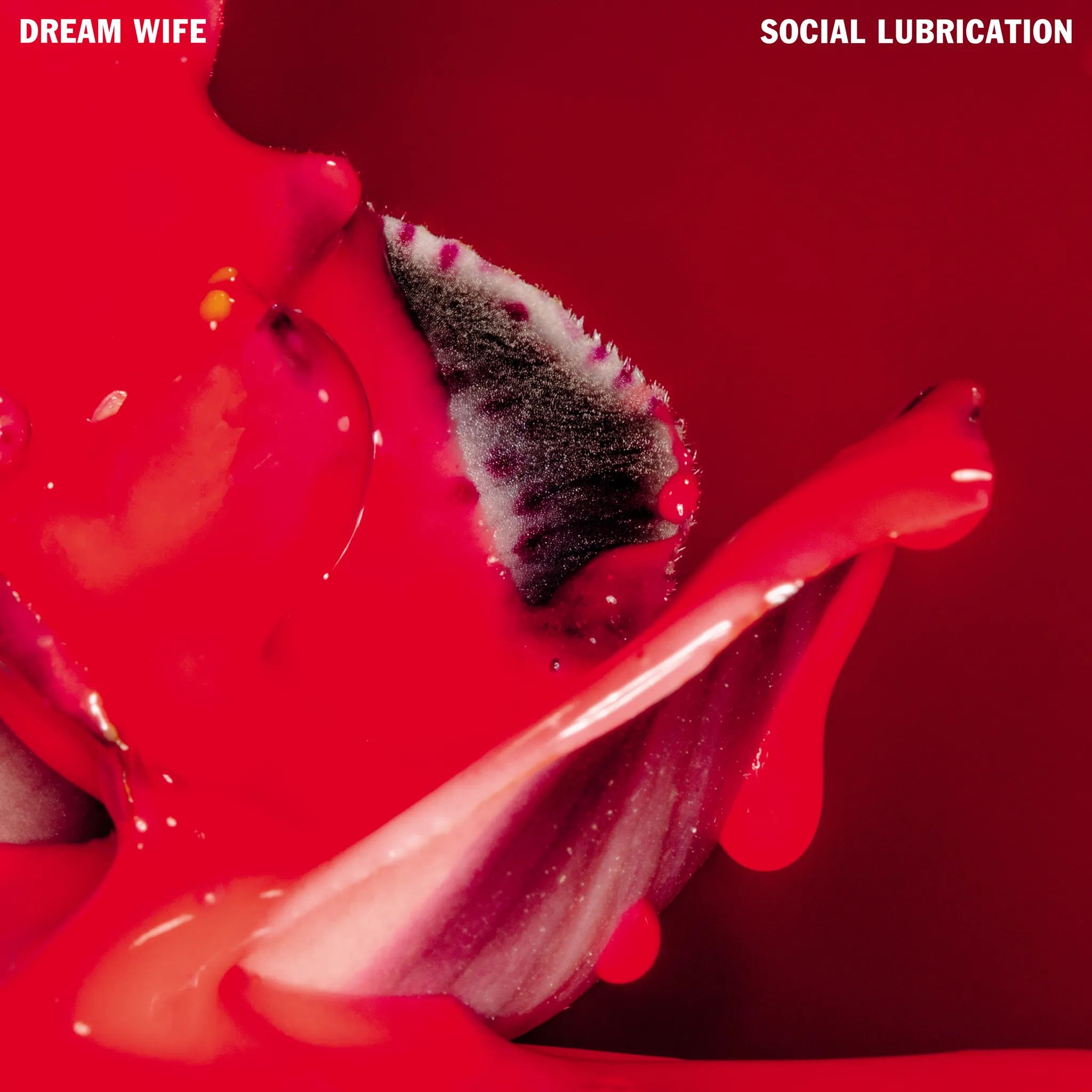
Dream Wife - Social Lubrication (Vinyl LP - red)

Dream Wife - Social Lubrication (Vinyl LP - red)

Dream Wife - Social Lubrication (Cd)

Dream Wife - IRL – Live In London 2020 (Vinyl LP - orange)
As featured in the March 2024 issue of DIY, out now.
Read More
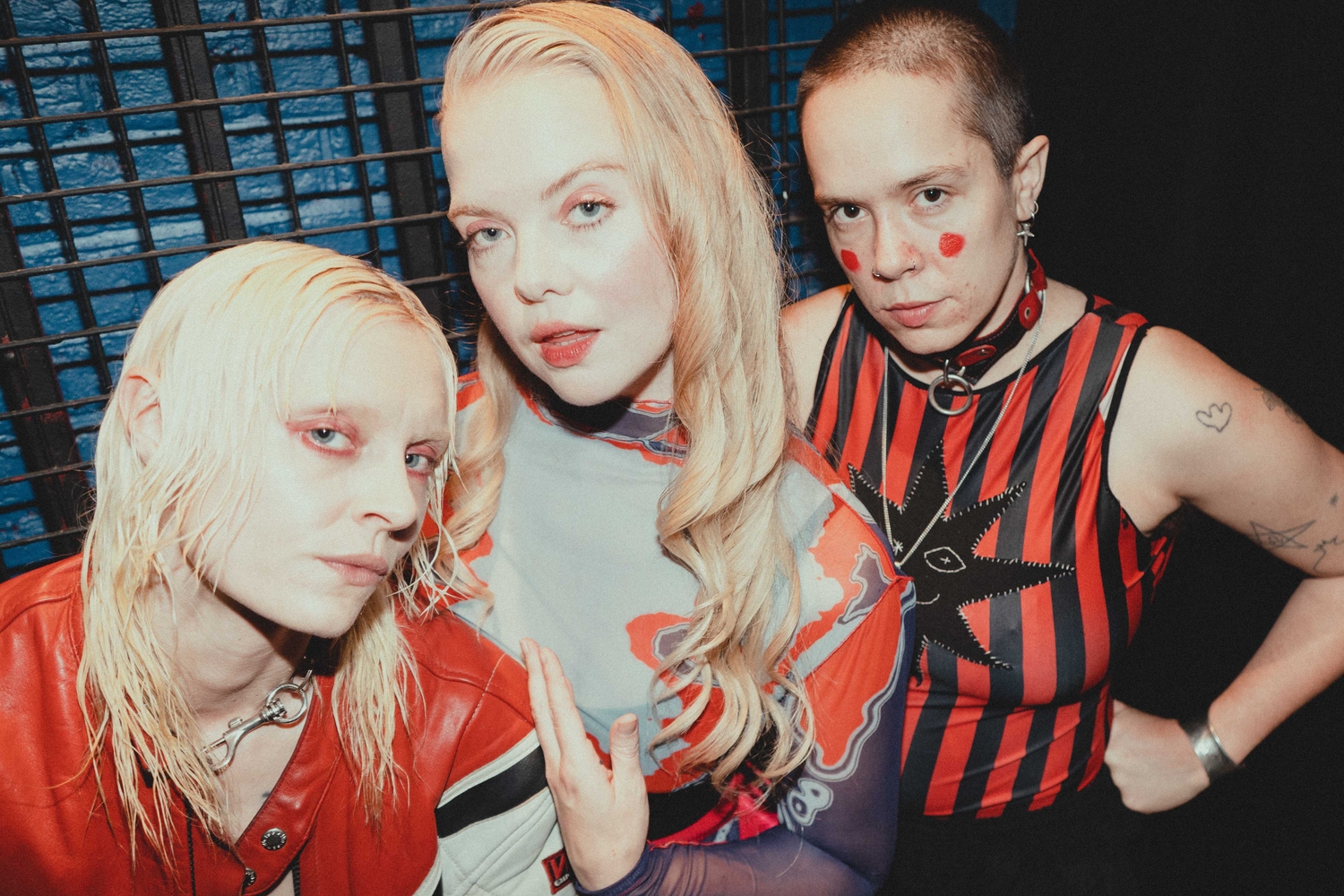
Dream Wife mark International Women’s Day with cover of ‘All The Things She Said’
The trio have also just announced a UK headline tour for this Autumn.
8th March 2024, 11:11am

Shame, Dream Wife, Willie J Healey and more to play Southampton’s Wanderlust Festival
The multi-venue affair is set to take place in early May.
23rd February 2024, 2:37pm
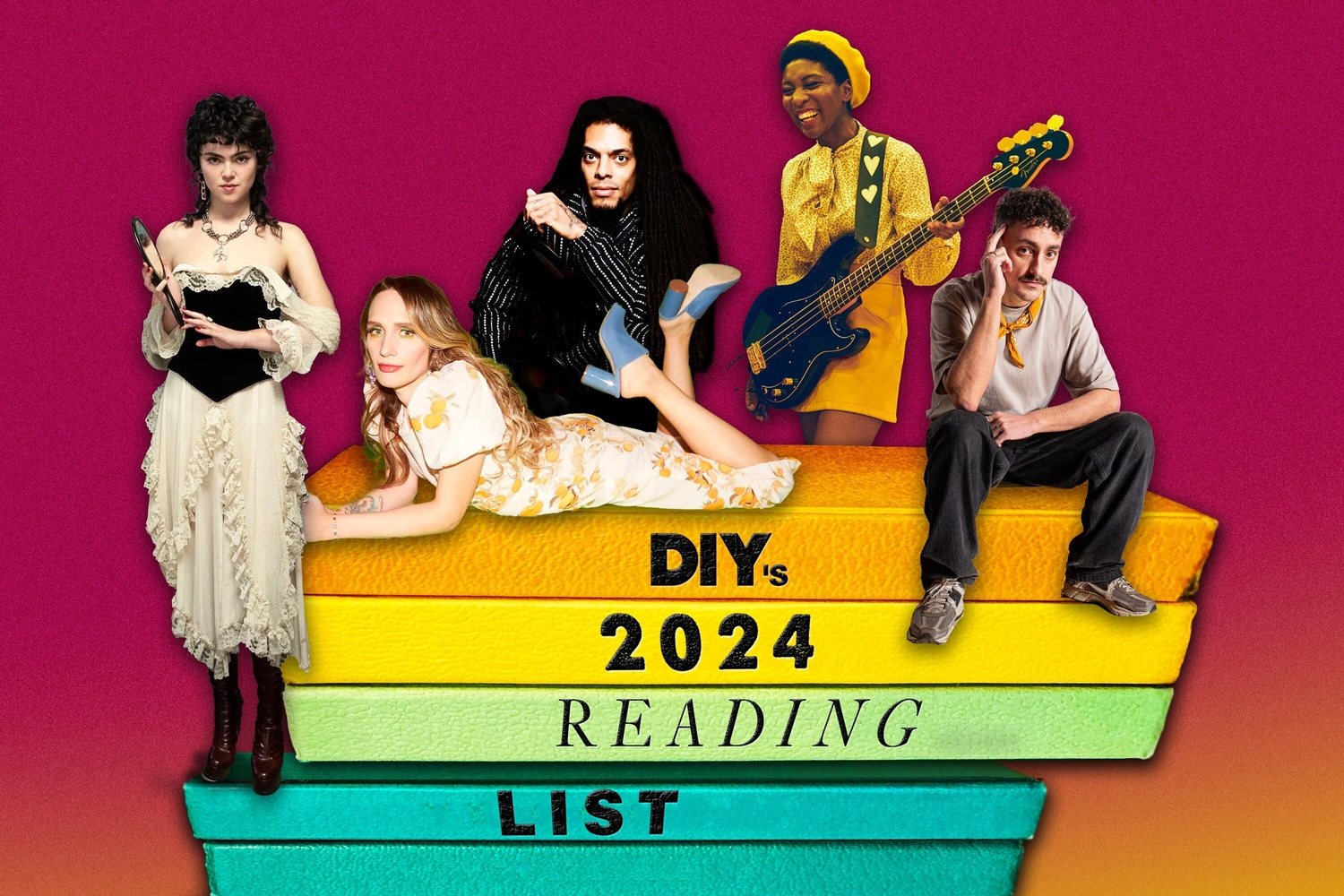
DIY’s 2024 Reading List
As chosen by a bunch of bookworm DIY regulars, including The Last Dinner Party, Bob Vylan, Big Joanie and more.
6th January 2024, 10:00am
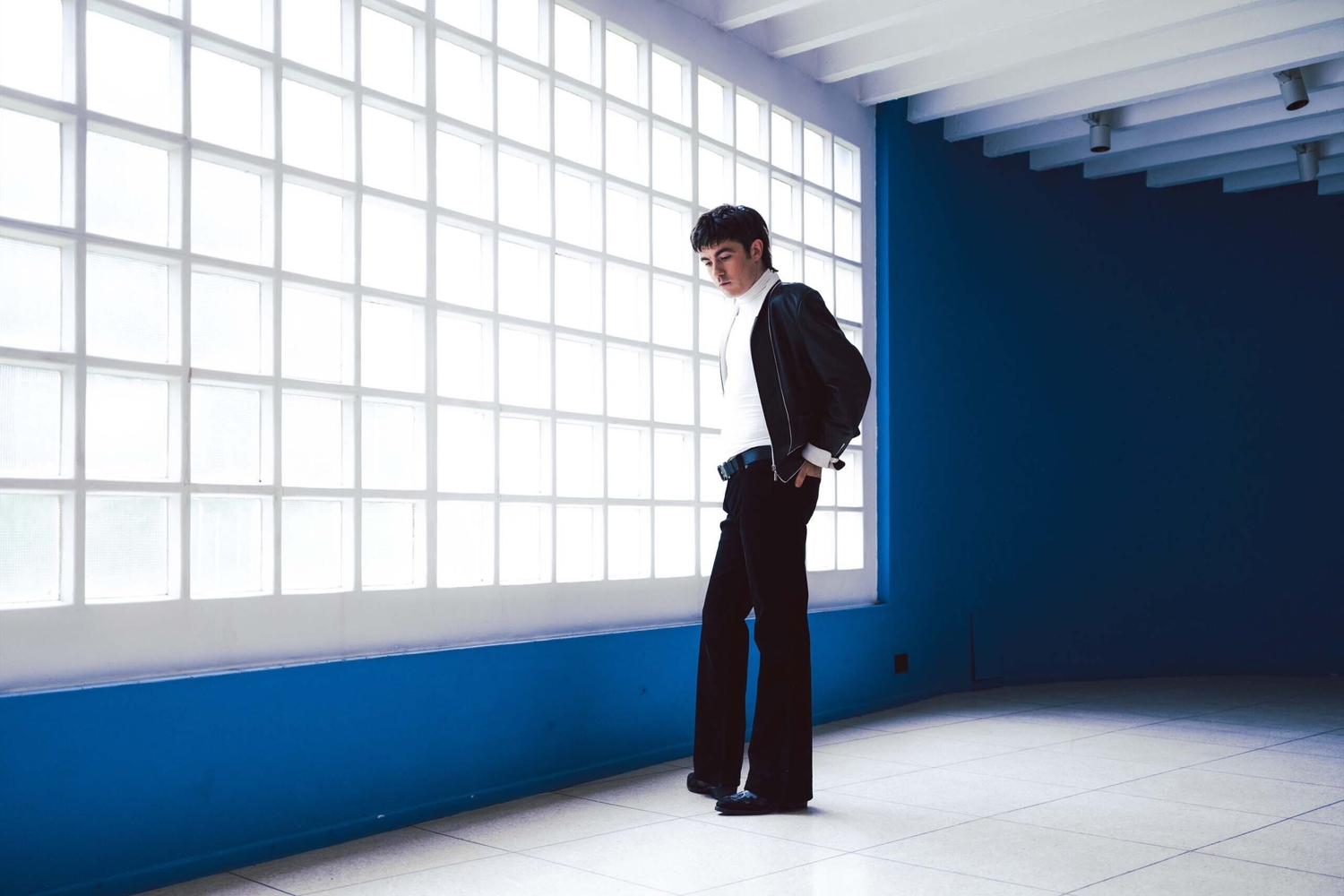
Tracks: Declan McKenna, Lime Garden, Leigh-Anne and more
The biggest and best of this week's new music.
15th September 2023, 6:00pm
Popular right now
Featuring Green Day, English Teacher, Everything Everything, Caity Baser and more!
